PRESS
RELEASE
For
immediate release
September
20, 2011
Ann Arbor
Transportation Authority
2700 South Industrial
Hwy., Ann Arbor, Michigan 48104
Mary K. Stasiak, Mgr.
Community Relations
TheRide proposes
increased transit service
between Ann Arbor and
Ypsilanti
ANN
ARBOR, Mich.
– The Ann Arbor Transportation Authority (TheRide) is seeking public comment on
proposed service changes that are designed to improve transit service between
Ann Arbor and Ypsilanti on the #4 Washtenaw route.
Public
comment will be gathered on a plan to double the number of weekday trips that
operate on Route 4, primarily along Washtenaw Avenue, between the Blake Transit
Center in downtown Ann Arbor and the Ypsilanti Transit Center.
TheRide’s
Manager of Service Development, Chris White, said that the proposed service
improvement is intended to accomplish:
- More
frequent service east of US 23, where most of the current demand
originates
- More
reliable service (better on-time performance)
- Less
crowded trips
- More
direct and faster service to and from U-M Central Campus and the Blake
Transit Center on every other trip – seven minutes less than the current
schedule
Current
service on Route 4 operates between the two cities every 30 minutes mid-day and
every 15 minutes during morning and afternoon peak service hours. Additional
peak trips also operate between the University of Michigan Medical Center and
the Ann Arbor city limits at US 23.
Ridership
on Route 4 has the highest ridership among all of TheRide routes. More than
800,000 trips are taken per year and more than 3,000 trips on an average
weekday on Route 4.
White
added, “Increased service frequency along Washtenaw Avenue has been needed for
some time, but funds have not been available for service expansion outside of
Ann Arbor. The new funds in Ypsilanti dedicated to transit service and
preparations to jump start the countywide Transit Master Plan implementation
have enabled TheRide to propose this long awaited service improvement.”
The
service plan proposal includes:
- Mid-day
– four trips per hour in each direction (service every 15 minutes)
- Peak
Hours – eight trips per hour in each direction (service every 7.5 minutes
on average)
- Peak
Hours – Discontinue service on trips which operate only between U-M
Medical Center and US 23
- Mid-day
and Peak Hours – Every other trip to provide service to U-M Medical
Center. Remaining trips to provide service directly to the Central Campus
Transit Center
Public comments may also be submitted
to TheRide between September 23 and October 22 by:
·
Telephone – TheRide Hotline at 734.794.1880
·
Fax – 734.973.6338 (put “Service
Expansion” in subject line)
·
Mail – AATA Service Improvement, 2700 S. Industrial
Hwy., Ann Arbor, MI 48104.
- Attendance
at a public drop-in session –
these are scheduled for:
Thursday, October 6, 5-7
p.m.
Glencoe Hills Apartments, Clubhouse,
2201 Glencoe Hills Drive, Pittsfield Township
Tuesday,
October 11, 9-11 a.m.
University
Hospital, 1500 East Medical Center Drive, Ann Arbor, Classroom
#2C108,
across
from the Gift Shop and Cashier’s Office
Tuesday,
October 11, 1-3 p.m.
Michigan
Union, 530 S. State St., Wolverine Room AB, Ann Arbor
Wednesday, October 12, 9:30-11:30 a.m.
Dom Bakeries, 1305 Washtenaw Avenue,
Ypsilanti
Tuesday, October 18, 5-7 p.m.
Ann Arbor District Library, 343 S.
Fifth Avenue, downtown Ann Arbor
At each public drop-in session, there
will be an opportunity to discuss the proposed service improvements
individually with TheRide staff members.
The facilities are accessible, and
reasonable accommodation to permit persons with disabilities to participate
will be made if requested at least two days in advance at 734.973.6500.
Two-week notice is required for interpreter service for persons with hearing
impairments.
Copies of maps and timetables for the
proposed changes will be available at the AATA website, www.TheRide.org, or by contacting TheRide by
one of the methods listed above. Copies are available in alternative formats
upon request.
A copy of all written comments and a
summary of verbal comments will be provided to the AATA Board of Directors
before a decision is made on adopting the proposed changes. The board will
consider the service improvements at its November 16 meeting. If the final
recommendations are approved, the route changes would go into effect on Sunday,
January 29, 2011.
-30-
The
Ann Arbor Transportation Authority (TheRide) was chartered in 1969 by the City
of Ann Arbor, Michigan, as a not-for-profit unit of government. AATA operates
the local public transit system for the greater Ann Arbor-Ypsilanti area,
enabling the area’s residents to reach their destinations at reasonable cost,
and offers the region efficient, environmentally sound transportation
alternatives. For more information, please visit www.TheRide.org.
TheRide’s
Board of Directors has endorsed a 30-year Transit Master Plan for Washtenaw
County. Updates on the progress of the plan are available at www.MovingYouForward.org.
E-mail
and text message updates on bus routes, schedules, detours and other news from
TheRide are available by free subscription to MyRide at www.TheRide.org.














